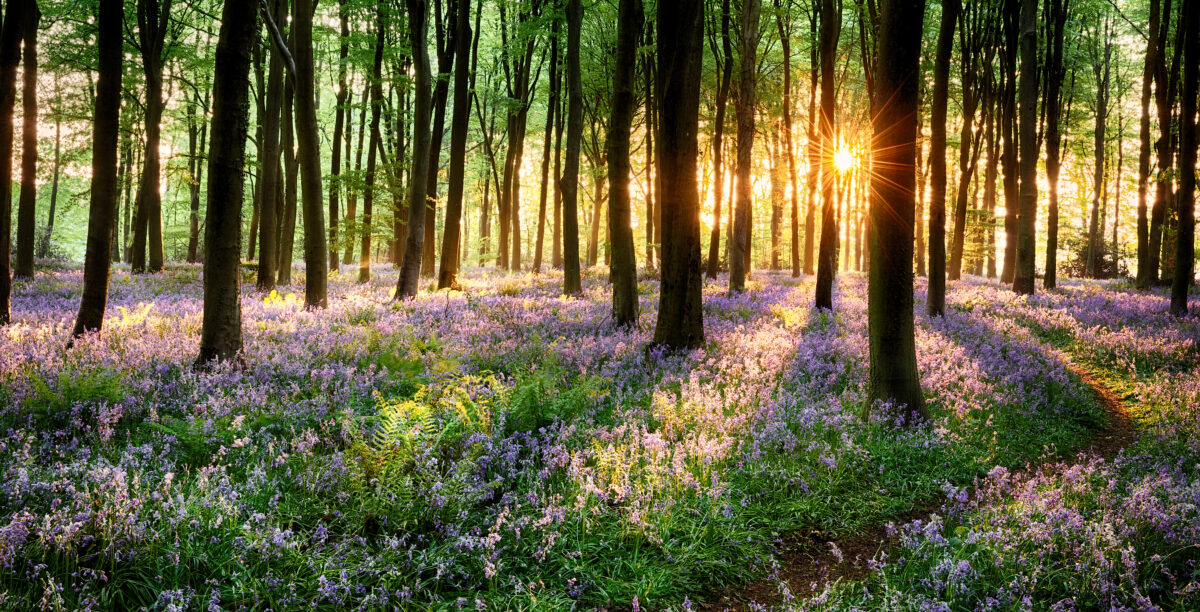Nowadays it is not uncommon to hear life being described as a journey. A journey is a good image, a helpful image, to describe the pattern of our lives. Before we set out on a journey we need to do a number of things. Firstly, we need to choose our destination, our journey’s end. Secondly, we need to find the route that will take us to our destination, the best road to travel. Finally, we must decide what we need for our journey, what it is that will help us to get to where we want to go.
The journey of life is similar. It too needs a destination. It is important to name what it is we want out of life. If we do not know what we want from life we may end up drifting along aimlessly, without a focus. At the end of our lives we would surely like to be able to say that we achieved our goals and fulfilled our dreams.
Then we need to choose a good road to take us to our destination. Is the road we choose a sure road, a safe road? Is it well signposted? Does it provide opportunities for meeting people and experiencing companionship? Does it allow us to view the scenery on the way, to appreciate the good things we have and to notice the beauty around us? Or is it like a motorway, fast, efficient, competitive and monotonous?
Finally, we must decide what we need for our journey. Do we need other people? Do we need God? Do we need the love, support and strength of the three F’s – family, friends and faith? Or do we prefer to go it alone, to travel by ourselves, to depend on our own resources?
I have a small poster in my living room which says, “Happiness is not a destination; it is a way of life.” Those who walk the Camino across the north of Spain to San Tiago de Compostella say that what happens to them while they are walking the road is as important as what happens when they get to Compostella. The way we travel the road of life is just as significant as getting to the destination we have set for ourselves. So, let’s slow down, let’s enjoy the ride. Let’s savour the host of opportunities that come our way. God is present in the here and now waiting and wanting to be recognised and known. What we used to call ‘the sacrament of the present moment’ has indeed something to teach us about the journey of life.
